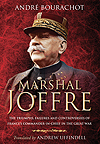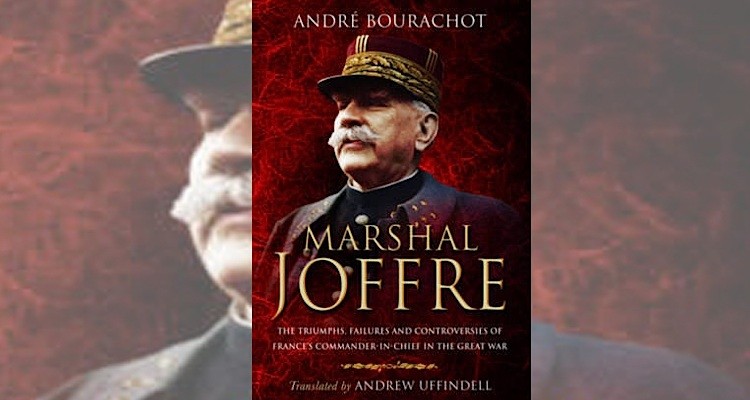
Marshal Joffre: The Triumphs, Failures and Controversies of France’s Commander in Chief in the Great War, by André Bourachot, translated by Andrew Uffindell, Pen and Sword, Barnsley, U.K., 2014, $39.95
On July 28, 1911, the Journal officiel de la Republique française published a decree appointing as chief of the French General Staff Joseph Joffre, 59. He immediately became commander in chief designate of the French armies as well, meaning he would command in the event of war. It was the first and last time an engineer officer held such a high position of responsibility. Bourachot, an expert on French army history and himself a former engineer in chief, examines the period from Joffre’s assumption of command until 1916, the year of his disgrace.
In the war’s eventful first month Joffre was forced to deal with a lack of unity of command among the French army, Belgian army and British Expeditionary Force, as well as the complete absence of useful intelligence on the real intentions of the German army. Examining the subsequent dispute between Joffre and General Joseph Gallieni over who was the principal agent of victory in the First Battle of the Marne, the author concludes without question that it was Joffre.
Bourachot defends Joffre against the accusation he left the Verdun sector unprepared, pointing out he had already reinforced Verdun with six divisions before the Germans launched their offensive. Marshal Joffre should provide scholars of World War I plenty of material over which to mull and debate, along with some satisfying answers.
—Thomas Zacharis





